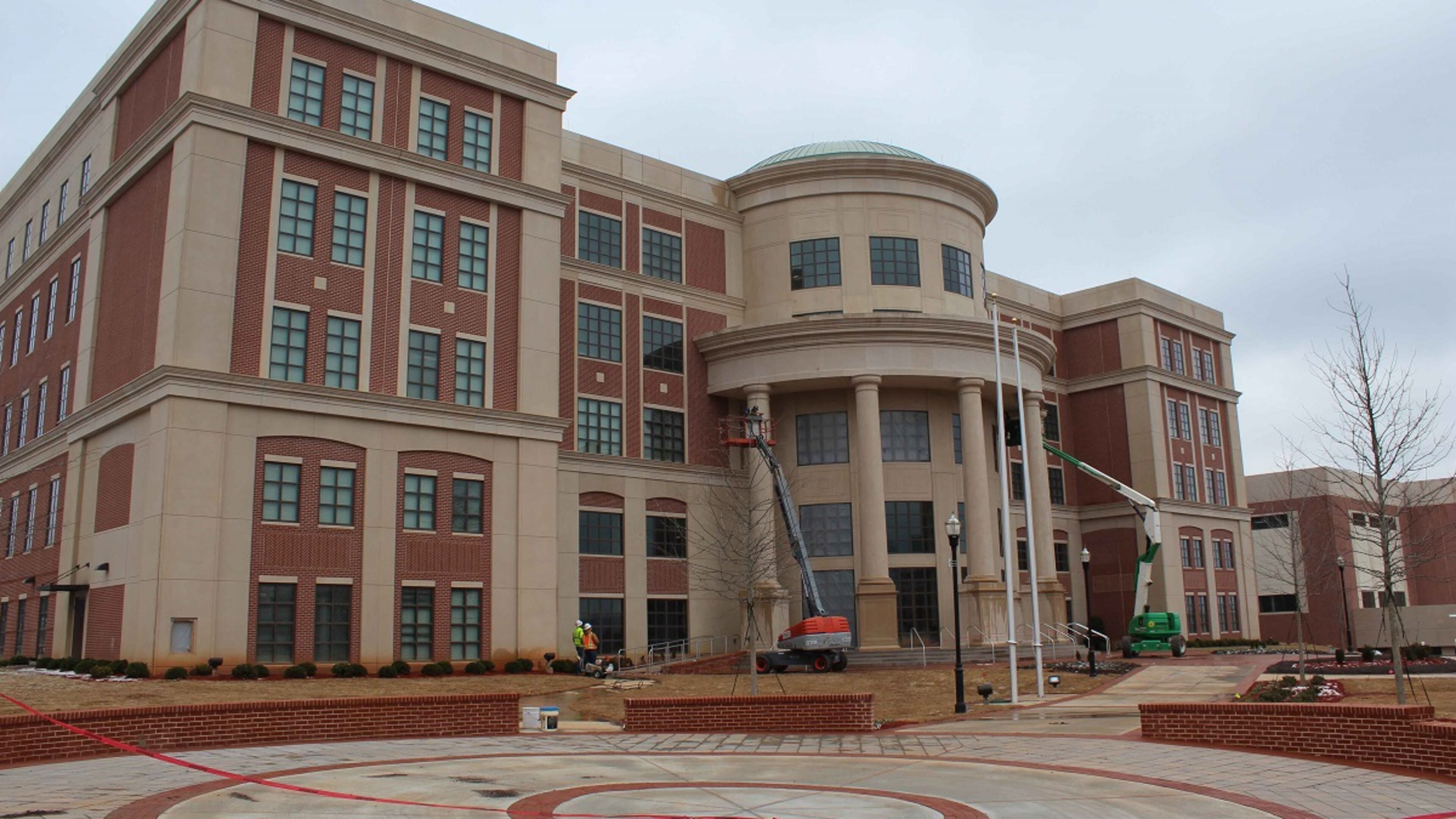Forsyth County has fastest-growing Asian population in U.S.

Thirty years ago, Forsyth County garnered national headlines as civil rights marchers, protected by the National Guard, marched through the county seat of Cumming, opposed by members of the Ku Klux Klan and their supporters.
Today, Forsyth County has a 60-acre cricket field complex, popular with people of Indian descent.
“Who knew, little old Forsyth County with the cricket field?” asked Molly Cooper, a county commissioner.
It’s one more sign of how this now-suburban community north of Atlanta is increasingly becoming a cultural base for a growing minority community.
In a recent one-year period, Forsyth had the fastest-growing Asian population of all U.S. counties of at least 20,000 or more residents, according to data released today by the Census Bureau.
The 12% jump — following years of steady double-digit increases — means about 1 in 7 Forsyth County residents is Asian. In the past decade, the Asian population in the county has more than tripled, the new Census data shows. Forsyth now has more than 34,000 residents who identify as Asian.
That's why Sumanth Yellanki in late 2017 founded the Atlanta Cricket Fields, a privately run complex for the internationally popular stick-and-ball game that was a precursor to baseball. The complex, about a 15-minute drive north of Cumming, is open for tournaments, games and cultural events.
According to Yellanki, about 100,000 Indians can reach the facility within 30 to 35 minutes.
“The community is very welcoming,” said Yellanki, now a co-owner of the complex.
Additionally, the county now has multiple Asian-owned businesses, Hindu temples and a Hindu facility for religious retreats known as an ashram. It also has a mosque and its first synagogue.
The new Census data also shows the black population of Forsyth County grew 12.4% over a year’s time. Over the decade, it more than doubled, and Forsyth now has about 9,800 black residents. The Hispanic population grew 4.8% in a year’s time, to about 23,000. The county has about 166,000 non-Hispanic white residents.
The recent growth of people of all races brings Forsyth County’s total population to 236,612. Forsyth was the fourth fastest-growing county in the state in Census numbers released earlier this year.
“My guess would be that with Johns Creek and other cities and counties that are just south of here, it’s kind of like the next place to grow outside of Atlanta,” said John Brogden of Cumming, a 21-year-old electrical engineering major at Auburn University.
According to the Census data, Fulton County, which is just south of Forsyth, has a little more than double the Asian population of Forsyth. Neighboring Gwinnett County also has more Asian residents in total than Forsyth County. (Fulton and Gwinnett are the two most populous counties in the state.)
But in Forsyth, Asians constitute a larger share of the population than any other Georgia county.
“I tell ya’, what I’m really pleased to see in Forsyth County is the blending of folks together,” Cooper said. “It’s really not where you have this segregated group or that segregated group that really never blends together. That’s just not the case. And I think that’s really rather unique.”
This blending didn't always exist. Historically, Forsyth battled with racism and inclusion. In 1912, about 1,100 black people, which was about the entire black population in the county, were violently forced out by white residents. It was this history that marchers protested in the streets of Cumming in 1987.
“Are there people that are probably still racist? Sure,” said Todd Levent, a Forsyth County commissioner. “I don’t hear people say nasty or derogatory comments against other races or groups of people, I just don’t see it up there [in Forsyth County]. Was it there at one time? Absolutely, hell, the history books will show you that.”
Levent said Forsyth has a high median income level, offers jobs that pay well, has good schools with high test scores, great public parks and low crime — all of which make it attractive for newcomers.
“We’re really progressive and we do a lot of things right,” Levent said.

